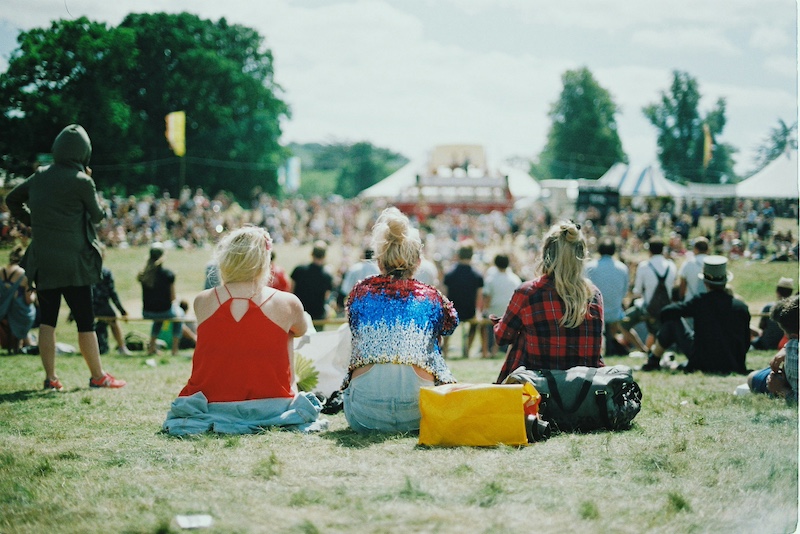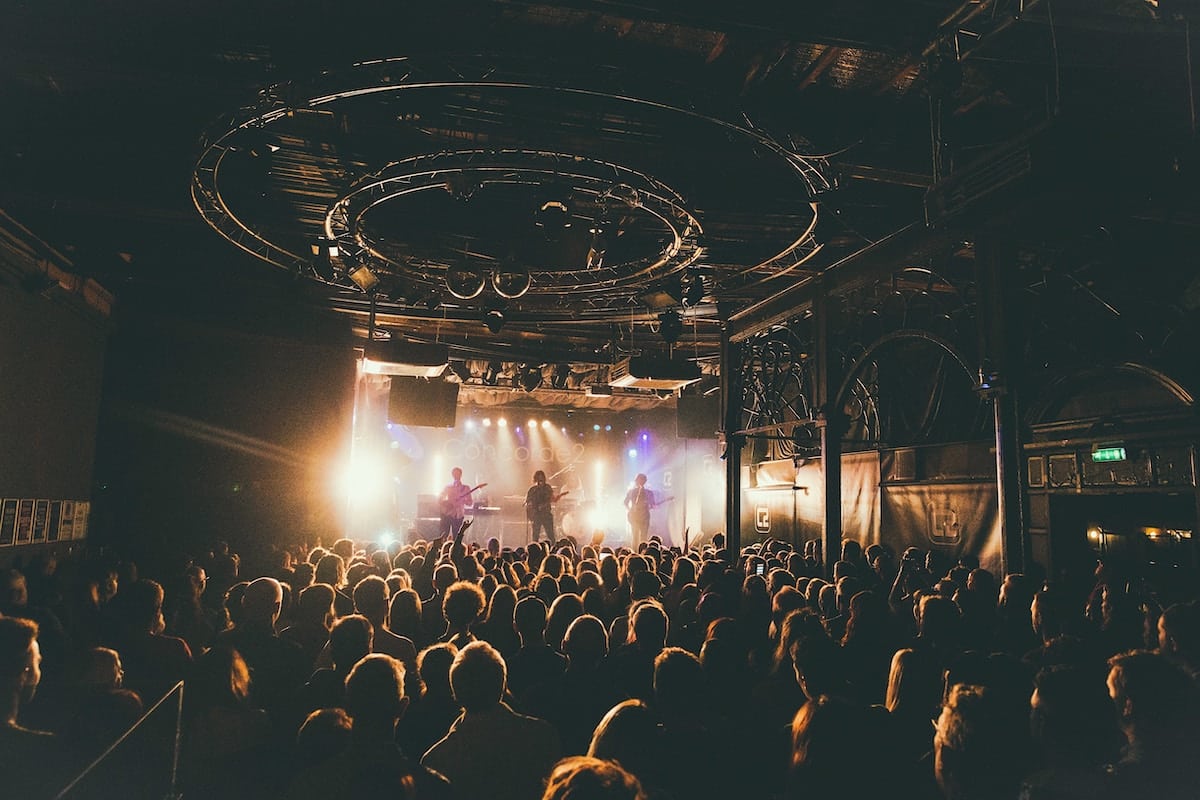In 2015 UK Pop-up events contributed £2.3 billion a year to the economy and employed 26,000 people. Since then, pop-up events have been growing and for a good reason. They are unlike other events and they work.
If you want to build excitement for your product or brand pop-up events are the go-to idea. They are an exciting and interactive way to advertise, making it incredibly fun for visitors and customers. As with any marketing idea, it’s vital to consider how effective it will actually be for you.
We have put together this ultimate guide to help you understand exactly what a pop-up event is and if it’s something for you.
Definition: Pop-up retail, also known as pop-up store (pop-up shop in the UK, Australia and Ireland) or flash retailing, is a trend of opening short-term sales spaces that started in Los Angeles and now pop up all over the World.
Is a Pop-up Event Right For You?
Whilst pop-up events are growing and appearing more so than ever you have to be wise and consider if these methods of marketing are right for you.
79% of brands say they executed more event and experiential programs in back in 2015. 65% directly correlated experiential marketing to increased sales.
One thing to consider is that with pop-up marketing you have to be incredibly creative to really make it worth the time. Certain products or brands may find it difficult to be creative with their events due to the nature of their product, brand or industry. But it ultimately boils down to the time and money.
Firstly, some key points to consider:
- Will your pop-up event be part of a bigger campaign or project?
- Do you have the resources (time + money) to create a mega campaign that has many moving cogs, especially when a pop-up event is included?
- What’s the bigger event + goal? (New product launch? anniversary? rebrand? etc)
These questions are basic as such but make you ask the real questions that need real answers. Plus, they provide you with a good base point for pop-up ideas.
Now, we will go through the basics of actually arranging and running a pop-up event which will help to further understand if a pop-up event is right for you.
1. Realistic Goals + Get Creative
Your goal should be what defines the entire pop-up event. In order to generate the ideas for an event, you need to consider what are the key driving forces for this, what you define as success and how you will achieve this will then be determined by the event itself.
Firstly, financial goals can be tricky with pop-up events. Whilst you can do everything in your power to project figures and try to use consensus data (foot traffic, peak hours etc) to determine the likelihood of success you would be better off spending the additional time on the creative of the campaign.
The first pop-up event may not bring anything back financially right away but the reality of it is the most successful pop-up events tend to be focused more on the brand/product awareness. By creating pop-up experiences that attack the senses the longevity of the event lasts longer than a single purchase will.
No idea is silly, just focus on the goal and the creative.
2. Understand the Legal Side of Things
Because pop-up events tend to appear on streets, shopping centres, busy locations and just about anywhere (that’s the beauty of them!) there needs to be an understanding of the legal side of these.
These non-standard locations could need permits, licensing and insurance to accommodate the general public’s safety and well being as well as your own understanding of operations in the area. Each county, city or village may have their own rules on food, drink, hours of operation and everything else in between.
Get to know these rules asap, otherwise, your creative pop-up event will be memorable for all the negative reasons when local authorities arrive to shut you down!
3. Planning Overdrive
Prepare to plan like never before. There’s also no such thing as overplanning with pop-up events as you need to make sure that every single aspect of the event is triple checked and confirmed. Project and promotional staffing scheduling need to be considered right away – a tight schedule that can be easily reviewed and adjusted on the fly which inevitably pays dividends when you are preparing for the event kick-off.
Whilst Plan A maybe reviewed over and over again there’s a real need to have a Plan B and C in place too just in case there are any problems of any kind. Worst-case scenario planning for pop-up events is a must and no scenario should be missed.
4. Budget Check
When the creative juices are flowing you run the risk of forgetting about your budget. Going over it can be quite easy as additional, unplanned for (see tip above) expenses will appear. Being tight with the belt when it comes to logistics and staffing costs, which tend to be a large chunk of the costs, will help to keep everything in line.
It also greatly depends on your style of pop-up event. Whilst staffing, logistics, food etc are taken care of there needs to be some consideration for the production value – the unit that will house your product/brand/campaign.
Sidenote: Remember that pop-up events seem like they appear out of nowhere and are last minute but the reality is that there’s a lot going on in the background pre-event with endless planning too.
5. Marketing Your Pop-Up Event
This is key. This is where brand ambassadors come into play, this is where your social team needs to kick things up a gear and not just the standard tweet or update. There needs to be a focused marketing campaign that only focuses on delivering messaging to individuals within the area that the pop-up event will be landing.
An additional point to consider here is that you need to also budget for this. Running localised social media ad’s, especially with Facebook, will provide you with a boost to awareness and potentially drive more traffic to you.
Bonus: 6 Additional Points to Consider for Pop-Up Events
The tips above are there to help you decide if a pop-up event itself is the right thing for you and your goals. But I wanted to provide you with 10 additional tips that will provide an even bigger picture of the pop-up events world.
Pop-Ups are Varied
Just like events and promotional activities the method and styles completely vary based on industry, product, brand and goal. Pop-up events are by no means a one-size fits all and ultimately has a lot of variables to consider when setting up.
The Event is the Experience
Sounds pretty obvious but when it comes to pop-up events you shouldn’t be sparing any expenses. Planning and budgeting are vital but if you plan on creating an impactful event based on a low budget it’s highly unlikely to run smoothly or deliver the hype/excitement you seek.
Pay the costs of running an incredible experience – people share experiences with others, more so than a discounted product.
Paying to Play
Something that should also be considered is ticketing or charging people for the experience.
Whilst pop-up events have the image of being a sampling testing or tasting event there can be a variety of ideas, for example, you could have a pop-up bar, this won’t/can’t be free therefore you can charge per drink, per ticket and, this is where the experience comes in, decide the value of the ticket or drink .
Options with Help
Don’t think that you have to take on the brunt of the work from planning to executing the pop-up. There are now and increasingly a number of options where various opportunities present themselves to help.
There are now sites out there that act as a pop-up search engine – https://www.thestorefront.com – sites like this example provide you easy access to great potential locations.
It also ensures that some paperwork is taken care of, however, as with anything ensure you double check and are certain.
Licencing Can Get Tricky
The goal is to deliver an outstanding, memorable event in a location that drives people wild. However, with these locations there can be a whole host of legalities to go through.
This shouldn’t put you off, instead realise that many, many people before you have probably not bothered by the process thus making it even more unique and fun.
But always make sure you have this side of the event sorted well before kick-off day. Don’t forget about the insurance.
Social Media Spreads like Wildfire
You want to drive on-the-day traffic to your pop-up event and there’s no better solution than social media. Fast to notice events and even faster at growing in trends you need to ensure there’s a plan around the entire event.
Determine if you want total secrecy or drop hints – either way structure your post, during the event and post-event social media campaign to interact with people that miss out and with people that make it to the event.
Maximise any and all opportunities to grow the awareness of the event which grows the overall awareness of your brand.
Conclusion
Pop-up events provide an opportunity for brands to launch products, gain instant insight, grow awareness and much, much more. Successful pop-up events have a lot of moving components but ultimately it all starts with a clear goal followed by hyperfocused planning.





